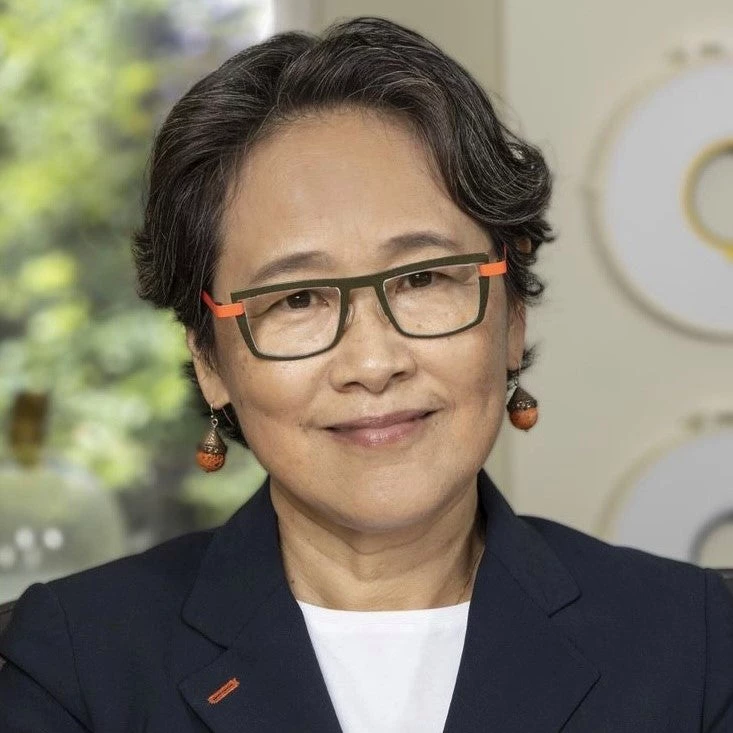
On the eve of International Women’s Day, I was at a UN WOMEN side event in NYC when my phone started buzzing with well wishes for a happy women’s day from my friends in Asia, filling me with — ambivalence. To be honest, the day always leaves me with mixed feelings: despite the great strides that the world has made in women’s rights in various ways, for me, it’s also a reminder of how so many women still don’t enjoy our basic human rights.
As we’ve returned from women’s day to what in many ways is still a man’s world, I wanted to share three thoughts about the intersection of women’s rights with our data world today.
Data can make a difference
Data can help us improve women’s rights around the world—by helping countries and citizens monitor progress in women’s rights over time, data can help us learn what works (and what doesn’t). Open data on gender inequality can serve as both an accountability mechanism and an incentive for governments to put in place interventions to reduce inequality and make life better for all their citizens. One of the best examples of this kind of data that comes to mind is the Women, Business and the Law project at the World Bank. The team recently put out its 2019 report offering insights on how women’s employment and entrepreneurship choices are impacted by legal gender discrimination. The latest findings show that over the last decade:
- 35 countries implemented legal protections against sexual harassment at work, protecting nearly two billion more women than a decade ago
- 22 economies removed restrictions on women’s work, reducing the likelihood that women are kept out of working in certain sectors of the economy, and
- 13 economies introduced laws mandating equal pay for work of equal value
At the same time, the report makes the case that much more work remains. 56 countries—spanning all regions and income levels—enacted no reforms at all to improve women’s equality of opportunity over the ten-year period.

We need to do a better job of putting data to work
In spite of the ongoing so-called data revolution, not everyone has gotten the Open Data memo. Even today, much of the basic data collected through censuses & surveys are not made publicly available, which vastly constrains their utility to help people make sense of their world. How much good could you do if you were stuck inside a filing cabinet? Not only do we need to free this captive data, but we also need to make better use of the data that we already have. At the Bank’s Development Data Group, one of our mottos is “open data, open code, open knowledge”. We want to move beyond just opening up our data to opening up our analytics as well, so that the public can reap the benefits of open knowledge. One way we’re doing this is by revamping our Gender Data Portal to make data more accessible and discoverable through visualization & stories (watch that space!).
(Collaborate to) innovate or die
One of the main takeaways of the recent Poverty and Shared Prosperity Report 2018 was that we need better data at the individual level. When information about resources are only available at the household level, there’s no clear way to understand how those resources are shared within households, and thus to understand how male and female wellbeing differs. Yet, it’s tremendously expensive to measure consumption at the individual level on a nationally representative scale. That’s why we need to research new and innovative ways to understand gender differences within households. One great example is my colleagues’ recent work on measuring asset ownership from a gender perspective, supported by the UN Evidence and Data for Gender Equality (EDGE) project. The plan is for UN EDGE to scale up this experiment as a way of better capturing gender inequality within households; but while we’re waiting, there’s a lot more work to be done. We need to keep investing in partnerships to work together on new measurement and data innovations that will provide the individual-level information countries need to implement better policies for gender equality.


Join the Conversation